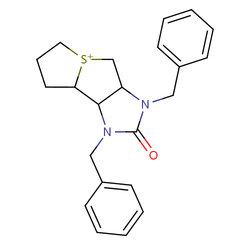Pharmacology definition - Anti Nicotinic Agents

Anti nicotinic agents
Anti nicotinic agents are useful in treating patient with hypertensive emergencies. Hypotension will be produced in this case by reducing the peripheral vascular resistance and cardiac output. Anti nicotinic agents may include trimethaphan and mecamylamine.
Anti nicotinic agents may competitively bind and inhibit the activation of the N(N) receptor on the postsynaptic neuron on the autonomic ganglia. Anti nicotinic agents will then block the autonomic flow on the parasympathetic and sympathetic nervous system.
Anti nicotinic agents may carry their own side effects due to antagonism of the parasympathetic and sympathetic system which include tachycardia, cycloplegia, sedation, loss of accommodation, urinary retention, constipation and hypotension.
Anti nicotinic agents are useful in treating patient with hypertensive emergencies. Hypotension will be produced in this case by reducing the peripheral vascular resistance and cardiac output. Anti nicotinic agents may include trimethaphan and mecamylamine.
Anti nicotinic agents may competitively bind and inhibit the activation of the N(N) receptor on the postsynaptic neuron on the autonomic ganglia. Anti nicotinic agents will then block the autonomic flow on the parasympathetic and sympathetic nervous system.
Anti nicotinic agents may carry their own side effects due to antagonism of the parasympathetic and sympathetic system which include tachycardia, cycloplegia, sedation, loss of accommodation, urinary retention, constipation and hypotension.
